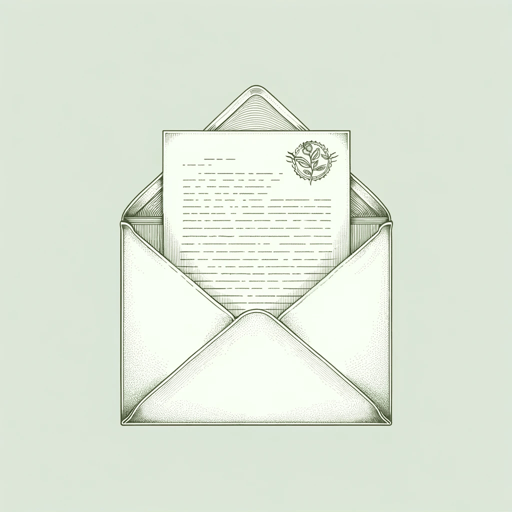52 pages • 1 hour read
Susanna RowsonCharlotte Temple: A Tale of Truth
Fiction | Novel | Adult | Published in 1791A modern alternative to SparkNotes and CliffsNotes, SuperSummary offers high-quality Study Guides with detailed chapter summaries and analysis of major themes, characters, and more.
Important Quotes
Content Warning: This section of the guide discusses suicidal ideation.
“Vanity led him to think that pleasure at again beholding him might have occasioned the emotion he had witnessed; and the same vanity led him to wish to see her again.”
(Chapter 1, Page 7)
Montraville is early identified as an antagonist by his vanity, which drives him to pursue Charlotte despite his unavailability. Given the time period and accompanying social values, vanity is considered an antagonistic quality.
“We will purchase a little cottage, my Lucy […] thither with your reverend father, we will retire; we will forget that there are such things as splendor, profusion, and dissipation—we will have some cows, and you shall be queen of the dairy; in the morning, while I look after my garden, you shall take a basket on your arm, and sally forth to feed your poultry; and as they flutter round you in humble gratitude, your father shall smoke his pipe in a woodbine alcove, and viewing the serenity of your countenance, feel such real pleasure dilate his heart as shall make him regret that he has ever been unhappy.”
(Chapter 5, Pages 42-43)
The romanticized description of the simple life Mr. Temple proposes is intended to evoke a sentimental response. The image of a humble domestic life would have resonated with the intended audience, who held traditional Christian values. Mr. Temple’s cottage life acts as a juxtaposition with Charlotte’s cottage in the United States, which reflects the moral choices of the characters. Mr. Temple and Lucy, who made virtuous choices, live an ideal domestic life, whereas Charlotte, duped into an unvirtuous decision, is miserable and isolated in her small home.
“The mind of youth easily catches at promised pleasure. Pure and innocent by nature, it thinks not of the dangers lurking beneath those pleasures until too late to avoid them.”
(Chapter 6, Page 46)
Rowson foreshadows Montraville’s betrayal of Charlotte by referring to the dangers hidden by the excitement of potential pleasure. Although Charlotte’s actions are considered immoral, Rowson does not blame Charlotte; she uses a sympathetic tone to suggest that Charlotte is naïve rather than corrupt. This supports the novel as a cautionary tale to prevent young women in the real world from following in Charlotte’s footsteps.

